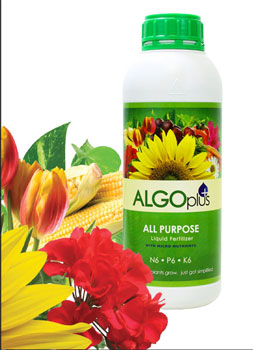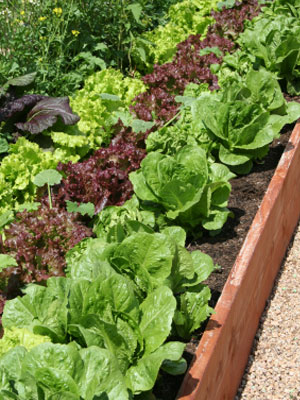Organic Fertilizer
Organic fertilizer is usually made from plant or animal waste or powdered minerals which are minimally processed in a factory, or, in the case of manure and compost, at a farm. Manure and compost are described as "soil conditioners" and need to be worked into the soil where micro-organisms can break down and release the nutrients before the plant can digest. A soil conditioner improves the soil's physical qualities and its ability to provide nutrition for plants. Often this is thought of as altering the soil physical structure but that is only part of the effect. Soil properties include many areas such as cation exchange capacity, soil ph, water holding capacity, or soil compaction With soil conditioners, the nutrient ratios are difficult to guarantee due to decomposition rates. To remedy this, other commercially sold organic fertilizers with a labeled analysis of nutrients are more highly processed to get a precise nutrient ratio, while still sourcing from organic ingredients.




